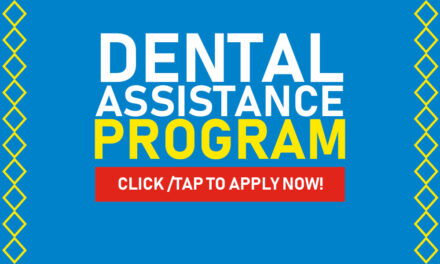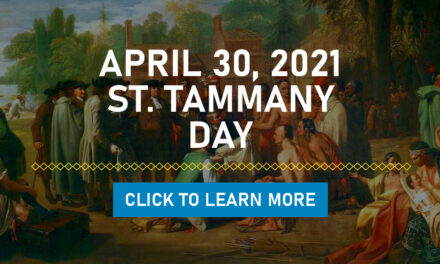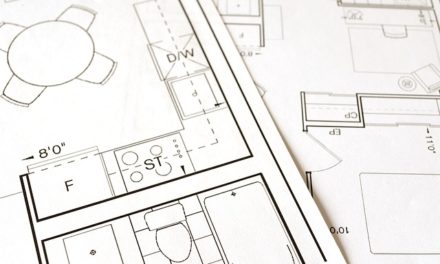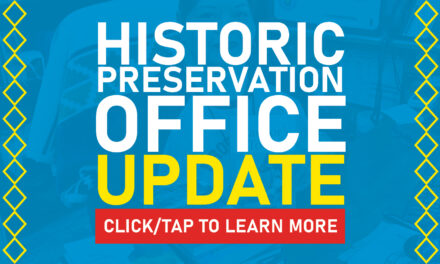DR-4587-OK: OKLAHOMA WINTER STORMS
ESF 15 – EXTERNAL AFFAIRS
DAILY FACT SHEET 03
WEDNESDAY, MARCH 3, 2021
View pdf version by clicking here.
| NAVIGATING THE ROAD TO RECOVERY | |
| https://www.fema.gov/disaster/4587 | FEMA News Desk: 940-898-5454 |
Key Messages:
Disaster assistance available to Oklahomans may include financial assistance for temporary lodging and home repairs, low-interest loans from the Small Business Administration (SBA) to cover uninsured property losses, and other programs to help individuals and business owners recover from the effects of the disaster.
For eligible homeowners and renters in a designated county, FEMA assistance may include:
- Property: FEMA may assist with the repair of damage related to burst pipes as well as disaster- damaged heating, ventilating, and air-conditioning systems, refrigerators and
- Other possible repairs that may be covered include:
- Disaster-related damage to electrical, plumbing or gas in the
- Leaks in a roof that damage ceilings and threaten electrical
- Disaster-damaged subfloor in essential occupied parts of the home, and
- Disaster-related broken
- Other possible repairs that may be covered include:
- Lodging Expense Reimbursement: DR-4587-OK only. Survivors in Oklahoma who incurred uninsured lodging expenses due to utility outages only and did not have disaster-related damage to their home may now be eligible for reimbursement. The standard period is from 8- Feb. 28.
- Rental Assistance: Funds to rent alternative housing for applicants whose homes were made uninhabitable by the
- Personal Property Assistance: Funds for applicants to repair or replace essential uninsured disaster- damaged personal property, including property damaged by burst
- Miscellaneous Items: Funds for certain items purchased due to the disaster. Reimbursement for generators is limited to a generator purchased during the event by the applicant to power medically required equipment after a utility outage.
- Transportation Assistance: Funds for primary vehicles damaged by the disaster, including damage from fallen trees, power lines or vehicle accidents caused by unsafe driving
- Medical and Dental Assistance: Funds for uninsured medical and dental needs or losses caused by the disaster, such as medically required items damaged by burst pipes or medical treatment needed due to exposure to below freezing
- Child Care Assistance: FEMA’s Other Needs Assistance program can reimburse costs for childcare as a result of a household’s increased financial burden to care for children aged 13 and younger and/or children up to age 21 with a disability who need assistance with activities with daily living as defined by federal
- The fastest and easiest way to apply is by visiting disasterassistance.gov/. If it is not possible to register online, call 800-621-3362 (TTY: 800-462-7585). The toll-free telephone lines operate from 6
a.m. to 10 p.m. CDT, seven days a week. Those who use a relay service such as a videophone,
Innocaption or CapTel should update FEMA with their specific number assigned to that service.
- Residents in 16 Oklahoma counties may be eligible to receive grants for temporary housing and home repairs, low-cost loans to cover uninsured property losses and other programs to help individuals and business owners recover from the effects of the
- The counties are Canadian, Carter, Cherokee, Comanche, Cotton, Hughes, Jefferson, Le Flore, McIntosh, Oklahoma, Okmulgee, Osage, Pittsburg, Stephens, Tulsa and
- If you have insurance and are applying for disaster assistance, you must file a claim with your insurance company as soon as By law, FEMA cannot duplicate benefits for losses covered by insurance. If insurance does not cover all your damage, you may be eligible for federal assistance.
- FEMA assistance is not Your home may have suffered storm damage, but if it did not affect essential living space, you may not be determined eligible for assistance. FEMA considers the kitchen, living room, bathroom and occupied bedrooms as essential living spaces.
- If it is safe to do so, start cleaning up now. Take photos to document damage and begin cleanup and repairs to prevent further damage. Remember to keep receipts from all purchases related to the cleanup and
FEMA Individual Assistance Program:
- Since the Feb. 24 declaration, nearly $193,000 in assistance has been approved for survivors in (Source www.fema.gov, March 3)
- FEMA’s Individual Assistance (IA) program provides financial assistance to eligible individuals and households who have uninsured and underinsured necessary expenses and serious needs for their primary
- The program is not a substitute for insurance and cannot pay for all losses caused by a disaster. You can, however, apply for assistance after having filed an insurance claim if you have unmet needs that FEMA may find to be eligible.
- Disaster assistance may include grants to help pay for:
- Emergency home repairs for disaster-related damage to the primary
- Uninsured and underinsured personal property
- Lodging expenses reimbursement, for individuals whose home was inaccessible or unhabitable during the disaster, if not covered by insurance or any other program.
- Medical expenses incurred from the
- Other serious disaster-related expenses.
- It is important to note that FEMA does not provide assistance for energy price spikes or to address utility bills. FEMA cannot reimburse for food lost due to a power failure. Voluntary organizations in your communities may be able to assist. Residents are encouraged to call 211 for
SBA Helping Survivors:
- On Friday, Feb. 26, the Small Business Administration (SBA) opened a Virtual Disaster Loan Outreach The center is open Monday – Friday, 7 am to 7 pm CST. You can contact an SBA customer service representative via email at FOCWAssistance@sba.gov or by phone at 800-659-2955. The types of SBA loans available:
- For Individuals and Families:
- Homeowners: up to $200,000 to repair or replace real estate damage and up to
$40,000 to replace personal property.
- Renters: up to $40,000 to repair or replace personal
- For Businesses:
- Property Damage: up to $2,000,000 to repair or replace real estate, machinery and equipment, inventory and other assets that were damaged or destroyed (available to businesses of any size and private, non-profit organizations).
- Economic Injury: only for small businesses and most private non-profit organizations suffering adverse financial impacts of the disaster (with or without property loss), up to $2,000,000 for working capital to help pay obligations until normal operations
- You can also apply online at https://disasterloanassistance.sba.gov or call the SBA at 800-659-2955 (TTY: 800-877-8339) or visit sba.gov/services/disasterassistance.
- Application Filing Deadlines for physical damage is April 26, 2021 and for economic injury is Nov. 24,
FEMA Online:
- Follow FEMA on social media at FEMA online, on Twitter @FEMA or @FEMAEspanol, on FEMA Facebook page or FEMA Espanol page and at FEMA YouTube channel.
- To download the FEMA Mobile App:
- On an Android device: Text 2637643 (ANDROID) to 43362 (4FEMA)
- On an Apple Device: Text 27753 (APPLE) to 43362 (4FEMA)
*Designated Counties:
Canadian, Carter, Cherokee, Comanche, Cotton, Hughes, Jefferson, Le Flore, McIntosh, Oklahoma, Okmulgee,
Osage, Pittsburg, Stephens, Tulsa, and Wagoner
For concerns and allegations of discrimination, please contact the Office of Equal Rights at headquarters at 202-212-3535 or FEMA-Civil-Rights-Program-OER@fema.dhs.gov.
# # #








